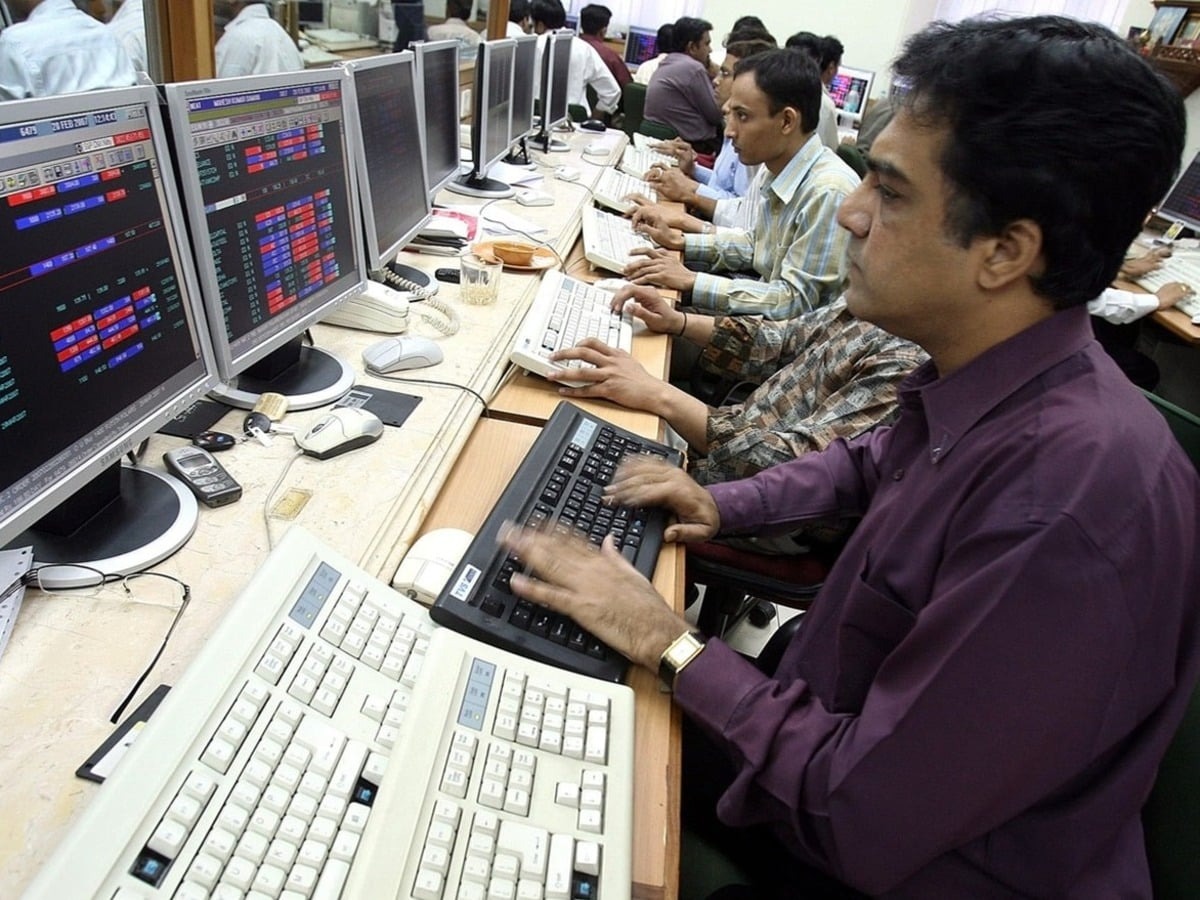On January 2, amid a huge rally in the Indian stock market, there was a strong rise in the shares of two major companies of Bajaj Group—Bajaj Finance and Bajaj Finserv. On Thursday, the fourth day of the week, shares of these two companies registered a gain of more than 8%.
Share performance of Bajaj Finance and Bajaj Finserv
- Bajaj Finserv:
- The stock touched a high of ₹1,717.45 during trading.
- Its 52-week high is ₹2,029.
- Bajaj Finance:
- The share reached the level of ₹7,428.
- Its 52-week high is ₹7,829.95.
Bajaj Finance: Brokerage firm Citi’s target price
Citi, a leading brokerage firm, has set a target price of ₹8,150 for Bajaj Finance and gave it a “buy” rating.
- Potential Increase:
- This indicates a potential rise of up to 15% from current levels.
- Credit Cost:
- Citi expects credit costs to rise modestly between 2.2%-2.25% during the December quarter.
- Assets Under Management (AUM):
- AUM is estimated to grow 6% sequentially and 27% year-on-year in the December quarter.
- Net Interest Margin (NIM):
- A positive growth of 3-5 basis points is expected in NIM.
Citi’s opinion on the performance of Bajaj Finance
According to Citi, Bajaj Finance has reduced risk by cutting its segments.
- Reduction in stressed areas:
- The risk has been managed by reduction in two-wheeler and three-wheeler financing.
- financial stability:
- The company has shown good management through its strategy and focus.
Change management: an important aspect
Citi stressed that an update on potential changes in the company’s management would be important.
- Analysts Rating:
- Of the 36 analysts covering Bajaj Finance:
- 26 gave “buy” rating.
- 6 gave “Hold” rating.
- 4 gave “Sell” rating.
- Of the 36 analysts covering Bajaj Finance:
What should investors do?
- Buy Bajaj Finance:
- According to brokerage firm Citi, buying at current levels could give long-term benefits.
- Keep an eye on Bajaj Finserv:
- Its stock is currently below its 52-week high, but there is a possibility of a strong performance.
- Management Update:
- Updates regarding changes in management can be decisive for investors.
